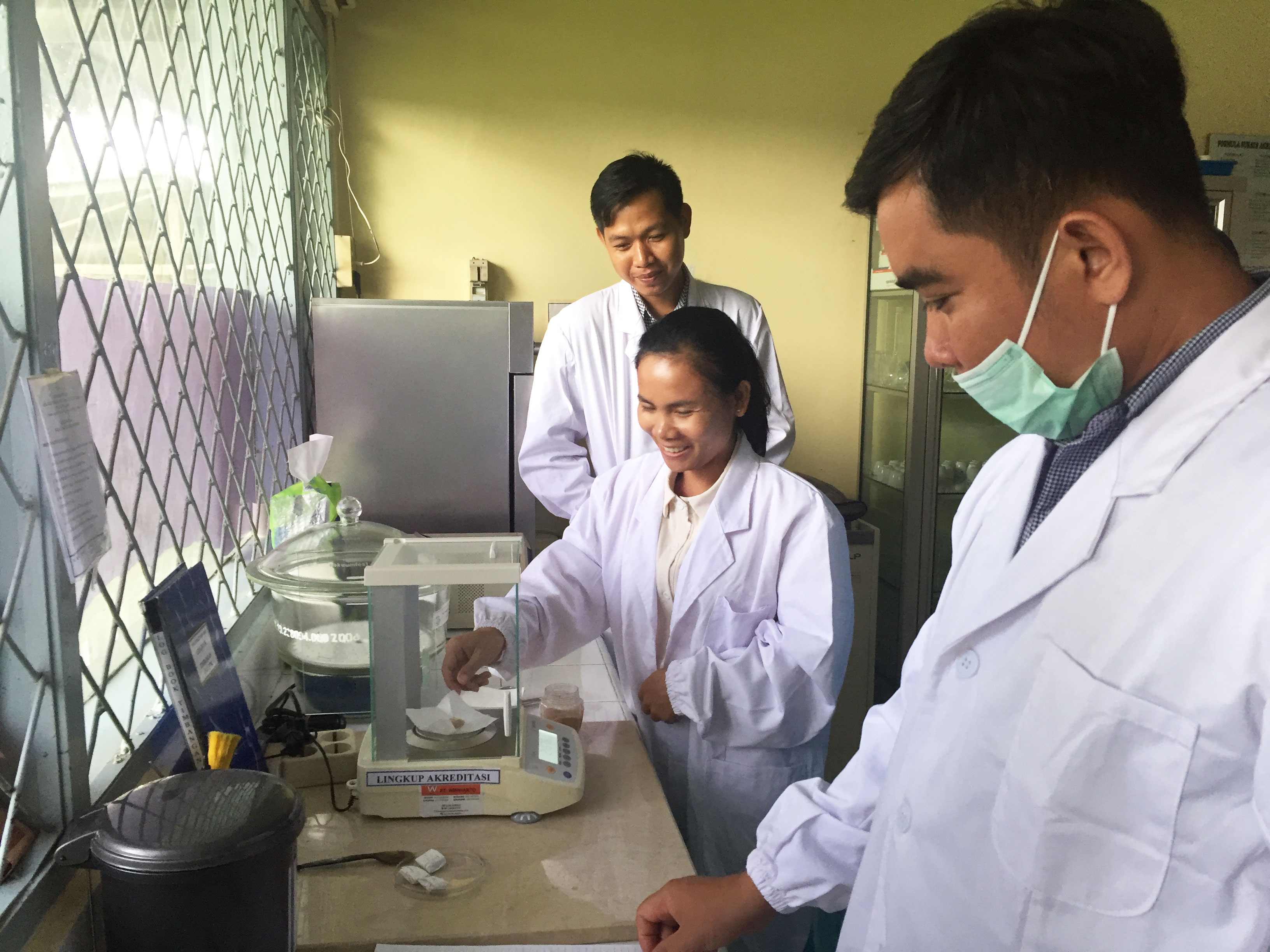For more than half a century, CGIAR has been instrumental in the fight against global hunger. Formed in 1971, its original focus was to reduce poverty and increase food security. The research it delivered to develop high-yielding rice and wheat varieties launched the Green Revolution, changing the way the world ate and saving more than a billion people from starvation.
Fast-forward 50 years, and the world is facing another stark challenge, this time driven by the worsening impacts of climate change, COVID-19 and supply chain disruptions from conflict. Simply put, the world needs 60% more food by 2050. How do we grow more food, with fewer inputs, while also reducing emissions?
Global food systems will need to be transformed, and so too the research and innovation systems underpinning food production, to ensure an inclusive and holistic approach.
Since 2019, CGIAR has been on a mission to restructure its network of international research centres, through the One CGIAR initiative, moving from a loose network of essentially independent centres, to a more integrated organisation under unified governance.



